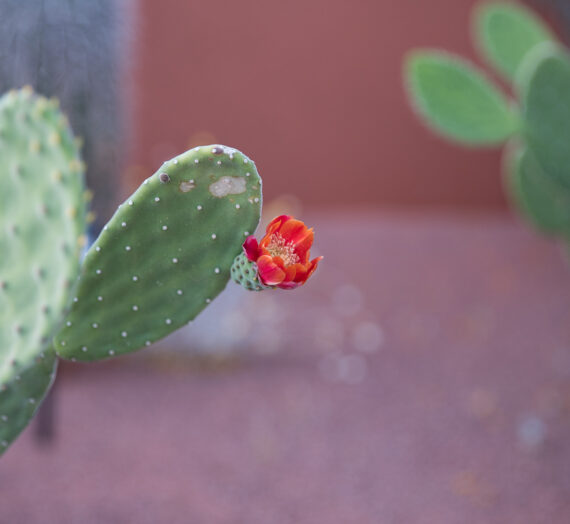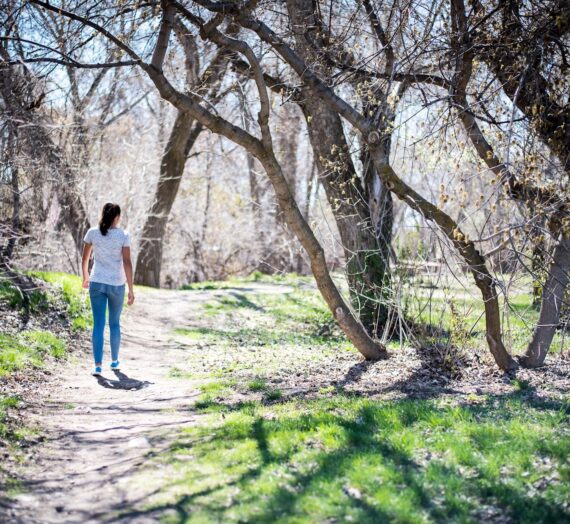What is spirituality? Am I doing it right? What does it look or feel like? Who decides? Episode 179 rounds out the intro of our theme with an exploration of James Finley’s idea: “The greatest teacher of God’s presence in our life is our life.” Cynthia and Susan discuss the difference between communication and communion, finding points of connection in our daily experiences, and identifying and/or choosing personal spiritual practices for ourselves.

Notes and Quotes:
Facing Reality, daily meditation, Center for Action and Contemplation, 3/15/2024
What is Spirituality? A Personal Exploration, by Dr. Maya Spencer
When the Heart Waits: Spiritual Direction for Life’s Sacred Questions, by Sue Monk Kidd
Becoming, by Michelle Obama
Leaving Church: A Memoir of Faith, by Barbara Brown Taylor
Covenant Confidence through Jesus Christ, by Elder Ulysses Soares, 4/2024
Pillars and Rays, by Alexander Dushku, 4/2024
The Wisdom Jesus: Transforming Heart and Mind, by Cynthia Bourgeault
Embracing Your Journey: A Conversation with Lyric Kinard, ALSSI Ep. 166
Father Richard Rohr on Breathing Under Water, Falling Upward, and Unlearning Certainty, Part 1 of 2, Unlocking Us podcast, Brene Brown, 12/2022
An Altar in the World: A Geography of Faith, by Barbara Brown Taylor
“The greatest teacher of God’s presence in our life is our life.” —James Finley
“Spirituality involves the recognition of a feeling or sense or belief that there is something greater than myself, something more to being human than sensory experience, and that the greater whole of which we are part is cosmic or divine in nature. Spirituality means knowing that our lives have significance in a context beyond a mundane everyday existence […]. It means knowing that we are a significant part of a purposeful unfolding of Life in our universe.” —Dr. Maya Spencer, Royal College of Psychiatrists
“I wonder sometimes if we haven’t banished the way of the heart in favor of the way of the mind, if we emphasize learning about God over being with God.” —Sue Monk Kidd, When the Heart Waits
“As a kid you learn to measure long before you understand the size or value of anything. Eventually, if you’re lucky, you learn that you’ve been measuring all wrong.” —Michelle Obama, Becoming
“I thought that being faithful (spiritual?) was about becoming someone other than who I was, in other words, and it was not until this project failed that I began to wonder if my human wholeness might be more useful to God than my exhausting goodness.” —Barbara Brown Taylor, Leaving Church: A Memoir of Faith
“To “hunger and thirst after righteousness”, then, speaks to this intensity of connectedness. Jesus promises that when the hunger arises within you to find your own deepest aliveness, within God’s aliveness, it will be satisfied. In fact, the hunger itself is a sign that the bond is already in place. Some spiritual teachers will even say that the yearning you feel for God is actually coming from the opposite direction: it is, in fact, God’s yearning for you.” —Cynthia Bourgeault, The Wisdom Jesus
“There are white-outs…times when, for whatever reason, hope vanishes and we’re disoriented, unable to discern the shapes of God on the horizon, unable to trust that there’s anything beyond our pain. But we need to allow this disorientation. It’s okay to doubt and to feel the remoteness of God sometimes. We all do it, if we’re honest. And if we do nothing else in our waiting, we should be honest with ourselves. The white-outs pass more quickly and stay gone for longer periods in the face of honesty, and we come to a truer faith. Paul Tournaier reminds us that ‘he who has never doubted has never found true faith either.’” —Sue Monk Kidd
“To make bread or love, to dig in the earth, to feed an animal or cook for a stranger—these activities require no extensive commentary, no lucid theology. All they require is someone willing to bend, reach, chop, stir. Most of these tasks are so full of pleasure that there is no need to complicate things by calling them holy. And yet these are the same activities that change lives, sometimes all at once and sometimes more slowly, the way dripping water changes stone. In a world where faith is often construed as a way of thinking, bodily practices remind the willing that faith is a way of life.” ―Barbara Brown Taylor, An Altar in the World
Babel
God speaks to us in any language
we can understand
God in birds, in trees
in wind, tall grass, its whisper
and its bend
God in pie, if it’s the kind my grandma made
God in the dishwater slipping through her hands
after we were filled, God in the suds
and in the song she hummed
Listen.
—smh



